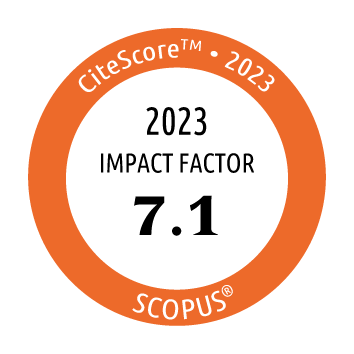|
JTL Mazzucchelli,1 C
Bonfim,2 G Castro G,3 A
Condino-Neto A,4 NMX Costa,5 L
Cunha,6 EO Dantas,7 VM Dantas,8
MI de Moraes-Pinto,1 JF Fernandes,9
HC Goes,10 E Goudouris,11 AS
Grumach,12,13 LMB Guirau,14 G
Kuntze,15 MC Mallozzi,13 FP
Monteiro,16 LSL Moraes,17 V
Nudelman,9 JA Pinto,6 MCV Rizzo,18
AC Porto-Neto,19 P Roxo-Junior,20
M Ruiz,21 VEV Rullo,21 A Seber,22
OA Takano,17 FS Tavares,23 E
Toledo,24 MMS Vilela,25 BT
Costa-Carvalho1 |
|
1Department of Pediatrics,
Federal University of São Paulo, São Paulo, Brazil
2Bone Marrow Transplant Unit, Federal
University of Paraná, Paraná, Brazil
3Federal University of Bahia, Bahía, Brazil
4Institute of Biomedical Sciences, University
of São Paulo, São Paulo, Brazil
5Pontifical Catholic University of Goiás,
Goiás, Brazil
6Federal University of Minas Gerais, Minas
Gerais, Brazil
7Diadema Hospital, São Paulo, Brazil
8Federal University of Rio Grande do Norte,
Rio Grande do Norte, Brazil
9Albert Einstein Hospital, São Paulo, Brazil
10Private Office, Macapá, Amapá, Brazil
11Federal University of Rio de Janeiro, Rio
de Janeiro, Brazil
12Department of Dermatology, University of
São Paulo, São Paulo, Brazil
13Faculty of Medicine of ABC, Santo André,
Brazil
14Darcy Vargas Childrens Hospital, São
Paulo, Brazil
15Vidas Hospital, São Paulo, Brazil
16Asa Sul Regional Hospital, Distrito
Federal, Brazil
17Federal University of Mato Grosso, Mato
Grosso, Brazil
18Menino Jesus Hospital, São Paulo, Brazil
19University of Passo Fundo, Rio Grande do
Sul, Brazil
20Faculty of Medicine of Ribeirão Preto,
University of Sao Paulo, São Paulo, Brazil
21Medical School of Centro Universitario
Lusíada, Santos, São Paulo, Brazil
22Institute of Pediatric Oncology, GRAAC,
Federal University of São Paulo, São Paulo, Brazil
23Base Hospital, Distrito Federal, Brazil
24S. Jose do Rio Preto Medical School, São
Paulo, Brazil
25Faculty of Medical Sciences, University of
Campinas, São Paulo, Brazil |
|
Abstract |
|
Background:
Severe combined
immunodeficiency (SCID)
is one of the most
severe forms of
primary
immunodeficiency.
The objectives of
this study were to
analyze the
diagnosis,
treatment, and
prognosis of SCID in
Brazil and to
document the impact
of BCG vaccine.
Methods: We
actively searched
for cases by
contacting all
Brazilian referral
centers.
Results: We
contacted 23 centers
and 70 patients from
65 families.
Patients were born
between 1996 and
2011, and 49 (70%)
were male. More than
half (39) of the
diagnoses were made
after 2006. Mean age
at diagnosis
declined from 9.7 to
6.1 months (P=.058)
before and after
2000, respectively,
and mean delay in
diagnosis decreased
from 7.9 to 4.2
months (P=.009).
Most patients
(60/70) were
vaccinated with BCG
before the
diagnosis, 39 of 60
(65%) had
complications
related to BCG
vaccine, and the
complication was
disseminated in 29
of 39 (74.3%). Less
than half of the
patients (30, 42.9%)
underwent
hematopoietic stem
cell transplantation
(HSCT). Half of the
patients died (35,
50%), and 23 of
these patients had
not undergone HSCT.
Disseminated BCG was
the cause of death,
either alone or in
association with
other causes, in 9
of 31 cases (29%, no
data for 4 cases).
Conclusions:
In Brazil, diagnosis
of SCID has improved
over the last
decade, both in
terms of the number
of cases and age at
diagnosis, although
a much higher number
of cases had been
expected. Mortality
is higher than in
developed countries.
Complications of BCG
vaccine are an
important warning
sign for the
presence of SCID and
account for
significant
morbidity during
disease progression.
Key words:
Primary
immunodeficiency.
Severe combined
immunodeficiency.
BCG vaccine. BCG
complications.
Mycobacterium bovis.
Stem cell
transplantation. |
|
|
|
| |
|
|




